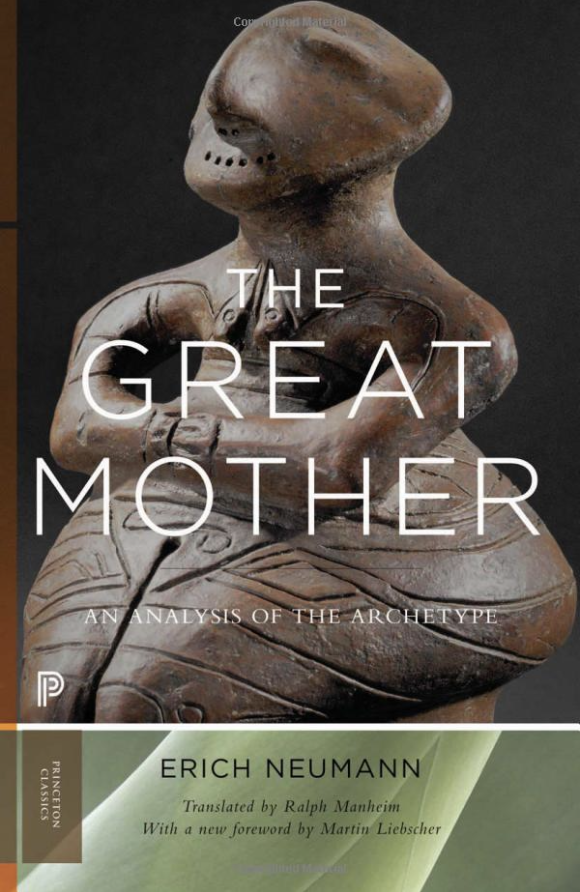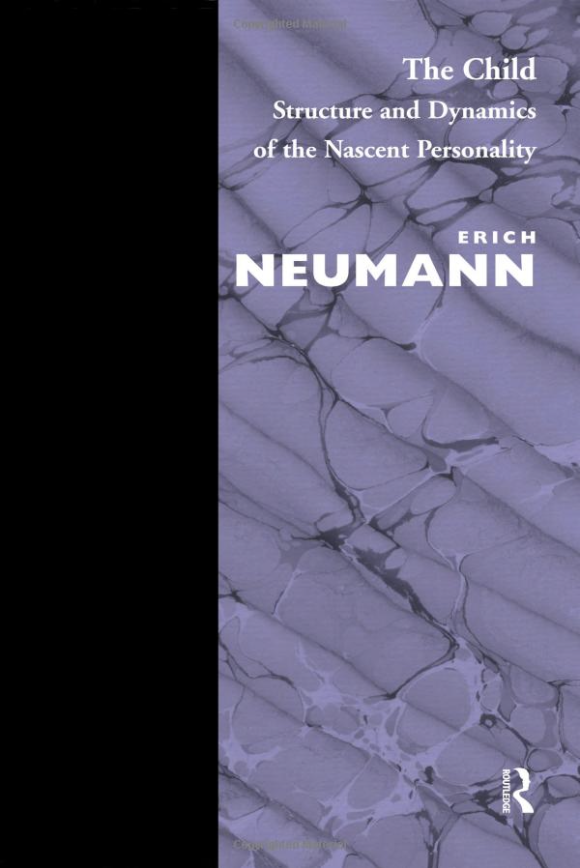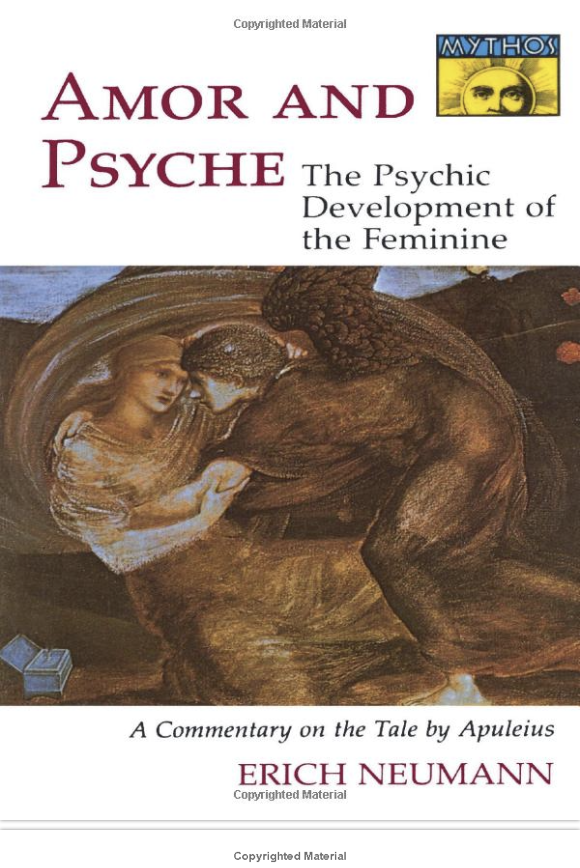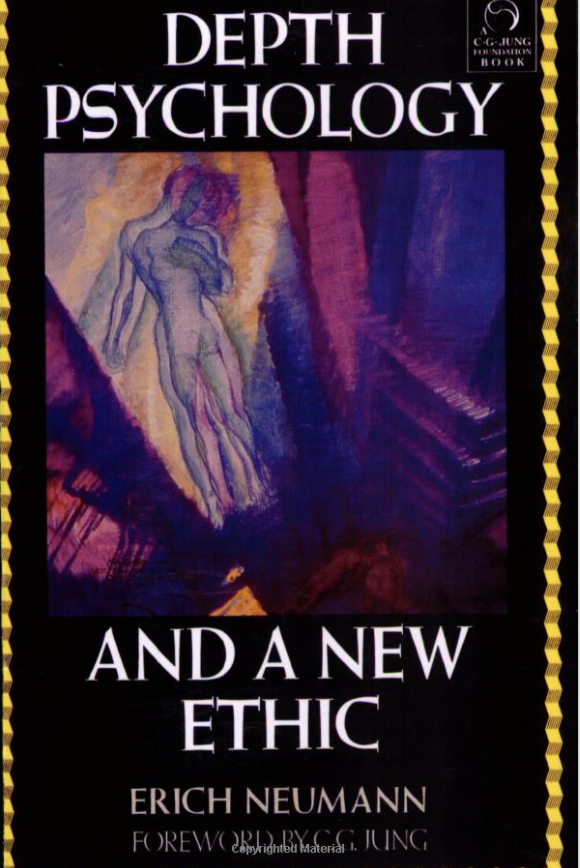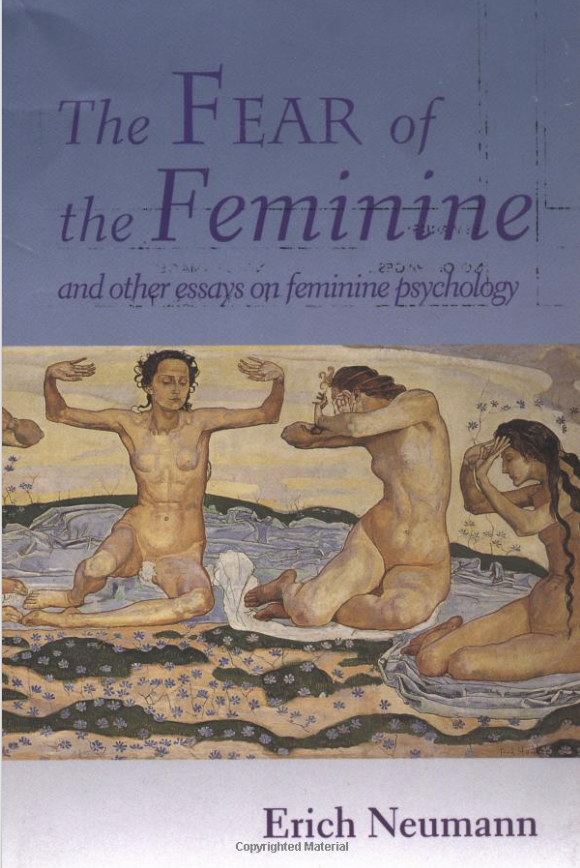
In this four-part lecture series we will revisit and reconsider the work of four seminal figures in the history of Jungian scholarship and research: Erich Neumann, Marie-Louise von Franz, Michael Fordham, and James Hillman. Four visionary scholars and clinicians who “dreamed the dream on” and who each made an invaluable contribution to depth psychology and our understanding of the psyche.
April 2023: Erich Neumann
June 2023: Marie-Louise von Franz
August 2023: Michael Fordham
October 2023: James Hillman
Each module includes three lectures, reading material, and a live student seminar.
In this four-part lecture series we will revisit and reconsider the work of four seminal figures in the history of Jungian scholarship and research: Erich Neumann, Marie-Louise von Franz, Michael Fordham, and James Hillman. Four visionary scholars and clinicians who “dreamed the dream on” and who each made an invaluable contribution to depth psychology and our understanding of the psyche.
April 2023: Erich Neumann
June 2023: Marie-Louise von Franz
August 2023: Michael Fordham
October 2023: James Hillman
Each module includes three lectures, reading material, and a live student seminar.


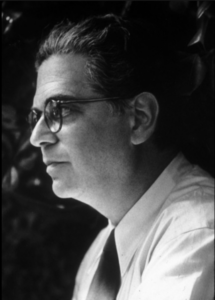
Erich Neumann (1905 – 1960) was a German psychologist, philosopher, writer, and prominent student of Carl Gustav Jung. Neumann contributed to the field of developmental psychology and the psychology of consciousness and creativity. He had a theoretical and philosophical approach to analysis, contrasting with the more clinical concern in England and the United States. His most enduring contributions to Jungian thought are The Origins and History of Consciousness (1949), The Great Mother (1955) and Depth Psychology and a New Ethic (1963). Neumann further developed his studies in feminine archetypes in his Art and the Creative Unconscious, The Fear of the Feminine, and Amor and Psyche. Neumann also wrote poetry, a novel called The Beginning (Der Anfang), and in 1932 conducted a critical study of Franz Kafka’s works at a time when Kafka was still a minor figure in the literary world.
Course details: 3 pre-recorded lectures available on registration with all relevant reading materials. One live lecture (23 April 2023) and one live student seminar (29 April 2023): both at 12 noon New York, 4 pm London. Live lectures will be recorded for students who are unable to attend.
Fees: Each course is US150, or buy all 4 Masters Series at US 450 (save US150)
Faculty:
(Read more)
4 presentations:
(Read more)
All recorded lectures remain available for 12-months after the programme.
Certificate of Completion

Erich Neumann (1905 – 1960) was a German psychologist, philosopher, writer, and prominent student of Carl Gustav Jung. Neumann contributed to the field of developmental psychology and the psychology of consciousness and creativity. He had a theoretical and philosophical approach to analysis, contrasting with the more clinical concern in England and the United States. His most enduring contributions to Jungian thought are The Origins and History of Consciousness (1949), The Great Mother (1955) and Depth Psychology and a New Ethic (1963). Neumann further developed his studies in feminine archetypes in his Art and the Creative Unconscious, The Fear of the Feminine, and Amor and Psyche. Neumann also wrote poetry, a novel called The Beginning (Der Anfang), and in 1932 conducted a critical study of Franz Kafka’s works at a time when Kafka was still a minor figure in the literary world.
Course details: 3 pre-recorded lectures available on registration with all relevant reading materials. One live lecture (23 April 2023) and one live student seminar (29 April 2023): both at 12 noon New York, 4 pm London. Live lectures will be recorded for students who cannot attend.
Fees: Each course is US150, or buy all 4 Masters Series at US 450 (save US150)
Faculty:
(Read more)
4 presentations:
(Read more)
All recorded lectures remain available for 12-months after the programme.
Certificate of Completion

Introduction: Who is Erich Neumann?
by Nancy Furlotti
Erich Neumann was a close friend and collaborator of C. G. Jung. Even though 30 years younger, he challenged Jung’s thinking on many occasions, pushing him to re-examine concepts and viewpoints regarding analytical psychology. In this Zurich lecture series, I will begin by giving and introduction and history of Erich Neumann, looking at who this exceptional man was, his relationship with Jung, and his move from Berlin to the newly forming Jewish state in Palestine before WW2. We will also explore a series of watercolors he painted after his move and during the war to get to know him more personally as well as witness his psychological struggle in his new land at a very disturbing time in history
Why is Consciousness such a Challenge for Humanity?
by Nancy Furlotti
After clearly explicating the stages of the human conscious development in his brilliant book, The Origins and History of Consciousness, Neumann clarifies for us its opposite to show us what happens when this process goes wrong. This paper discusses Neumann’s views on Narcissism and what Neumann calls a collective phenomenon, Mass Man. This is certainly pertinent for an understanding of our current times.
The Search for a New Ethic: Clinical and Political Implications
by Henry Abramovitch
This talk will focus on the concept of the ego-self axis, Erich Neumann’s singular contribution to analytical psychology. This idea is central to Neumann’s conceptualization of the psyche. In contrast to the Jungian depiction of the ego-self relationship as that of a higher integrative power to an inferior complex, Neumann views the ego as an offshoot of the self, an “affiliate” immanent to experience. The creation of the ego-self axis starts from birth, as does the centroversion. Disturbances in the development of the ego-self axis damage the growth of personality and the functioning of consciousness.
Erich Neumann’s Ego-Self axis as backbone of the Psyche
by Tamar Kron
This lecture illuminates Erich’s Neumann’s Depth Psychology and the Search for a New Ethic and describes how a dream was the inspiration for this, his first masterpiece. It then explores the three stages of ethical development, (primal unity, old ethic and new ethic) in depth, drawing on sources from comparative religion, the Bible and the Zohar, the kabbalistic Book of Splendour. It goes on to explore clinical implications of the new ethic in the group life of analysts, in clinical dilemma and in dealing with ethical violations. A critique of the new ethic is presented. Finally, implications for a new kind of peacemaking based on the new ethic are explored with the Israel/Palestine Conflict.
Student Seminar 29 April 2023
hosted by Henry Abramovitch
Please note this session will be recorded for anyone unable to attend live and for later viewing.
Introduction: Who is Erich Neumann?
by Nancy Furlotti
Erich Neumann was a close friend and collaborator of C. G. Jung. Even though 30 years younger, he challenged Jung’s thinking on many occasions, pushing him to re-examine concepts and viewpoints regarding analytical psychology. In this Zurich lecture series, I will begin by giving and introduction and history of Erich Neumann, looking at who this exceptional man was, his relationship with Jung, and his move from Berlin to the newly forming Jewish state in Palestine before WW2. We will also explore a series of watercolors he painted after his move and during the war to get to know him more personally as well as witness his psychological struggle in his new land at a very disturbing time in history
Why is Consciousness such a Challenge for Humanity?
by Nancy Furlotti
After clearly explicating the stages of the human conscious development in his brilliant book, The Origins and History of Consciousness, Neumann clarifies for us its opposite to show us what happens when this process goes wrong. This paper discusses Neumann’s views on Narcissism and what Neumann calls a collective phenomenon, Mass Man. This is certainly pertinent for an understanding of our current times.
The Search for a New Ethic: Clinical and Political Implications
by Henry Abramovitch
This lecture illuminates Erich’s Neumann’s Depth Psychology and the Search for a New Ethic and describes how a dream was the inspiration for this, his first masterpiece. It then explores the three stages of ethical development, (primal unity, old ethic and new ethic) in depth, drawing on sources from comparative religion, the Bible and the Zohar, the kabbalistic Book of Splendour. It goes on to explore clinical implications of the new ethic in the group life of analysts, in clinical dilemma and in dealing with ethical violations. A critique of the new ethic is presented. Finally, implications for a new kind of peacemaking based on the new ethic are explored with the Israel/Palestine Conflict.
Erich Neumann’s Ego-Self axis as backbone of the Psyche
by Tamar Kron
This talk will focus on the concept of the ego-self axis, Erich Neumann’s singular contribution to analytical psychology. This idea is central to Neumann’s conceptualization of the psyche. In contrast to the Jungian depiction of the ego-self relationship as that of a higher integrative power to an inferior complex, Neumann views the ego as an offshoot of the self, an “affiliate” immanent to experience. The creation of the ego-self axis starts from birth, as does the centroversion. Disturbances in the development of the ego-self axis damage the growth of personality and the functioning of consciousness.
Student Seminar 29 April 2023
hosted by Henry Abramovitch
Please note this session will be recorded for anyone unable to attend live and for later viewing.

Registration now open.
For more information email anja@appliedjung.com.

Nancy Swift Furlotti, PhD is a Jungian Analyst living in Aspen, Colorado. She is a past president of the C.G. Jung Institute of Los Angeles and a founding member and past president of the Philemon Foundation. She is a member of the C.G. Jung Institute of Colorado and the Interregional Association of Jungian Analysts. She is on the boards of Pacifica Graduate Institute in Santa Barbara, CA, the National Asian Museum in Washington, D.C. and the Mercurius Prize Committee. She has written numerous articles, edited a number of books, including with the late Erel Shalit, The Dream and Its Amplification. Dr. Furlotti lectures internationally on Jungian topics such as dreams, mythology, trauma, the feminine and the environment. Her recent book, The Splendor of the Maya: A Journey into the Shadows at the Dawn of Creation, will be published soon as part of the Fay Lectures. Her company, Recollections, LLC, edits and publishes first generation Jungian’s unpublished writings, most recently Erich Neumann’s two volume manuscript, The Roots of Jewish Consciousness, published in English and Hebrew.
Henry Abramovich (Israel, IIJP) is Founding President and senior training analyst at the Israel Institute of Jungian Psychology in Honor of Erich Neumann, Professor Emeritus at Tel Aviv University Medical School and Past President of Israel Anthropological Association. He is active in Israel Interfaith Encounter Association. He supervises Routers in Poland, Serbia, Bulgaria, Greece and Kazakhstan and is Director, Annual Intensive School in Analytical Psychology for Russian Speakers in Israel. He is author of The First Father (2010); Brothers and Sisters: Myth and Reality (2014); Why Odysseus Came Home as a Stranger and Other Puzzling Moments in the Life, Great Individuals (2020), and with Murray Stein, the play, The Analyst and the Rabbi (2019).
Tamar Kron, Ph.D. is Professor Emeritus of the Hebrew University, a clinical psychologist and a Jungian analyst. Prof. Kron integrates her clinical-analytical work with teaching and research. She published numerous articles, chapters in books and books and presented in international conferences. One of her main areas of interest is the metapsychology of Erich Neumann and its application to clinical work. Another of Prof. Kron’s main research area is dreams of therapists about their patients, and dreams of people living in continuous stress conditions.
Nancy Swift Furlotti, PhD is a Jungian Analyst living in Aspen, Colorado. She is a past president of the C.G. Jung Institute of Los Angeles and a founding member and past president of the Philemon Foundation. She is a member of the C.G. Jung Institute of Colorado and the Interregional Association of Jungian Analysts. She is on the boards of Pacifica Graduate Institute in Santa Barbara, CA, the National Asian Museum in Washington, D.C. and the Mercurius Prize Committee. She has written numerous articles, edited a number of books, including with the late Erel Shalit, The Dream and Its Amplification. Dr. Furlotti lectures internationally on Jungian topics such as dreams, mythology, trauma, the feminine and the environment. Her recent book, The Splendor of the Maya: A Journey into the Shadows at the Dawn of Creation, will be published soon as part of the Fay Lectures. Her company, Recollections, LLC, edits and publishes first generation Jungian’s unpublished writings, most recently Erich Neumann’s two volume manuscript, The Roots of Jewish Consciousness, published in English and Hebrew.
Henry Abramovich (Israel, IIJP) is Founding President and senior training analyst at the Israel Institute of Jungian Psychology in Honor of Erich Neumann, Professor Emeritus at Tel Aviv University Medical School and Past President of Israel Anthropological Association. He is active in Israel Interfaith Encounter Association. He supervises Routers in Poland, Serbia, Bulgaria, Greece and Kazakhstan and is Director, Annual Intensive School in Analytical Psychology for Russian Speakers in Israel. He is author of The First Father (2010); Brothers and Sisters: Myth and Reality (2014); Why Odysseus Came Home as a Stranger and Other Puzzling Moments in the Life, Great Individuals (2020), and with Murray Stein, the play, The Analyst and the Rabbi (2019).
Tamar Kron, Ph.D. is Professor Emeritus of the Hebrew University, a clinical psychologist and a Jungian analyst. Prof. Kron integrates her clinical-analytical work with teaching and research. She published numerous articles, chapters in books and books and presented in international conferences. One of her main areas of interest is the metapsychology of Erich Neumann and its application to clinical work. Another of Prof. Kron’s main research area is dreams of therapists about their patients, and dreams of people living in continuous stress conditions.

